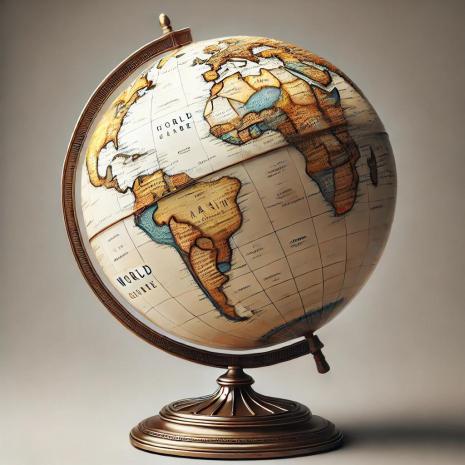
Breaking News
 Fake news media trying to politicize US vaccine schedule, using hysteria to stifle productive...
Fake news media trying to politicize US vaccine schedule, using hysteria to stifle productive...
 The Blockade Isn't About Oil Or Drugs - You Won't BELIEVE The Real Reason For Our War...
The Blockade Isn't About Oil Or Drugs - You Won't BELIEVE The Real Reason For Our War...
 Why Are Houses So Expensive? It's Deliberate Government Policy
Why Are Houses So Expensive? It's Deliberate Government Policy
Top Tech News
 EngineAI T800: Born to Disrupt! #EngineAI #robotics #newtechnology #newproduct
EngineAI T800: Born to Disrupt! #EngineAI #robotics #newtechnology #newproduct
 This Silicon Anode Breakthrough Could Mark A Turning Point For EV Batteries [Update]
This Silicon Anode Breakthrough Could Mark A Turning Point For EV Batteries [Update]
 Travel gadget promises to dry and iron your clothes – totally hands-free
Travel gadget promises to dry and iron your clothes – totally hands-free
 Perfect Aircrete, Kitchen Ingredients.
Perfect Aircrete, Kitchen Ingredients.
 Futuristic pixel-raising display lets you feel what's onscreen
Futuristic pixel-raising display lets you feel what's onscreen
 Cutting-Edge Facility Generates Pure Water and Hydrogen Fuel from Seawater for Mere Pennies
Cutting-Edge Facility Generates Pure Water and Hydrogen Fuel from Seawater for Mere Pennies
 This tiny dev board is packed with features for ambitious makers
This tiny dev board is packed with features for ambitious makers
 Scientists Discover Gel to Regrow Tooth Enamel
Scientists Discover Gel to Regrow Tooth Enamel
 Vitamin C and Dandelion Root Killing Cancer Cells -- as Former CDC Director Calls for COVID-19...
Vitamin C and Dandelion Root Killing Cancer Cells -- as Former CDC Director Calls for COVID-19...
 Galactic Brain: US firm plans space-based data centers, power grid to challenge China
Galactic Brain: US firm plans space-based data centers, power grid to challenge China
Top 3 Global Bolt-Holes for Safety and Freedom

Why do you think this is such an important topic?
Doug Casey: The US is on the ragged edge of something that will look like a civil war. The differences in basic worldviews between the Red and Blue people are irreconcilable. This will come to a head as the election results are tallied, and not accepted by the losing side. That will make the US a very unpleasant place to be. Let me emphasize that as big as the financial and economic risks are in the US, the biggest danger is politics and the political situation. This has been true in many countries over the last century.
Some examples? If you were a Russian in 1917 and you didn't have a foreign bolt-hole, you were in trouble. If you were in Germany in 1933 and you didn't have a foreign bolt-hole, you were in trouble. The same is true of China in the 1940s, Cuba in 1959, Vietnam in 1975, and Venezuela today.
Those are just prominent examples. There were many more upsets in smaller, lesser-known countries. Things went crazy in Bosnia in 1992, Rwanda in 1994, or for that matter, Gaza a year ago.
The world is starting to look like it did in the 1930s. We're heading towards World War III. Securing your assets is important, but physical safety is critical.
International Man: What makes a location ideal for a bolt-hole, and what key factors should people consider?
Doug Casey: The culture is perhaps the number one consideration. Much more than the weather, the language, costs, or the state of the economy.
In the past, the US, Britain, Canada, Australia, and New Zealand were top choices because of their cultural stability and common law traditions. That's changing now; all of them suffer from governments that are both bankrupt and quite aggressive towards their own citizens. Plus, they're allied in what's known as the Five Eyes, a veritable panopticon of spying, that makes them increasingly undesirable.
Ruling out the traditional bolt-holes, you're left with about 200 other countries. What you want is a stable place with a low population density; even then you want to avoid major cities.

 "NCC-1701"
"NCC-1701"


